China's supportive policies and ongoing quality upgrades in foreign trade are set to bolster economic growth throughout the year despite lingering external challenges, market watchers and business leaders said on Thursday.
They added that the accelerated cultivation of new quality productive forces, the expansion of tech-intensive green product industries and cross-border e-commerce businesses, and the fast-growing intermediate goods trade will help Chinese companies better compete with their global rivals.
They made the comments as the third plenary session of the 20th Central Committee of the Communist Party of China vowed to further deepen reform, including in the trade sector, and continue to expand opening-up.
According to a communique released on Thursday after the conclusion of the session, which started on Monday, China will "steadily expand opening-up, deepen foreign trade structural reform, further reform the management systems for inward and outward investment, improve planning for regional opening-up, and refine the mechanisms for high-quality cooperation under the Belt and Road Initiative".
Zhao Fujun, a foreign trade researcher at the Beijing-based Development Research Center of the State Council, said that in recent years, protectionist moves, geopolitical rivalries and intense competition have pushed domestic manufacturers to upgrade the technical content of their products.
Many of them have also invested in new plants and warehouses in countries like Hungary and Vietnam to enhance competitiveness and mitigate risks, said Matthias Loebich, partner and leader for international business at BearingPoint, a European consultancy with more than 10,000 employees in 70 countries and regions.
China set a record for foreign trade in the first half of the year, achieving a year-on-year increase of 6.1 percent, reaching 21.17 trillion yuan ($2.92 trillion), data from the General Administration of Customs showed.
As developed countries are shifting from services spending to increased demand for goods, China's exports will continue to grow in the second half, said Mao Zhenhua, co-director of the Institute of Economic Research at Renmin University of China in Beijing.
Mao said that the upward global trend in technology will also benefit exports of China's high value-added products.
Upbeat about the Chinese market, United States-based logistics services provider FedEx launched two new cargo flights to the U.S. from Qingdao, Shandong province, and Xiamen, Fujian province, in late June.
"This is a proactive move to meet the growing demand of China's foreign trade and to deepen cooperation with the local market," said Koh Poh-Yian, senior vice-president of FedEx.
Yu Xiangrong, Citigroup's chief economist for China, warned that in the long term, the recovery of developed economies remains uncertain, and trade policies in the U.S. may become even more unpredictable after the 2024 U.S. general election.
The emulation of U.S. policies in Europe could further increase fluctuations in external demand, Yu said.








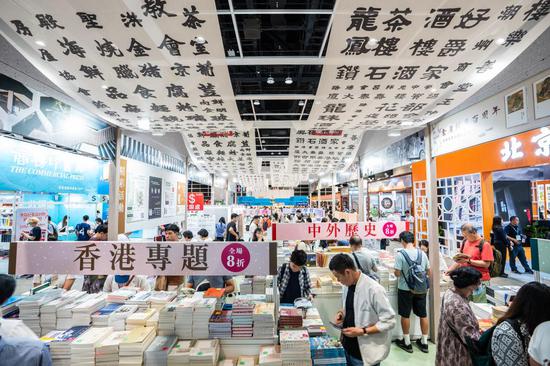



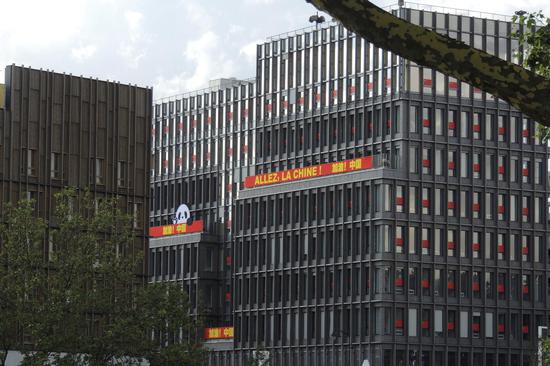




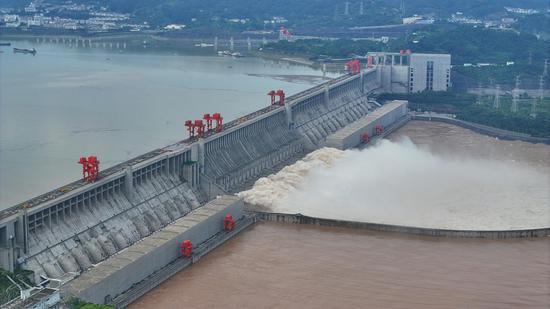
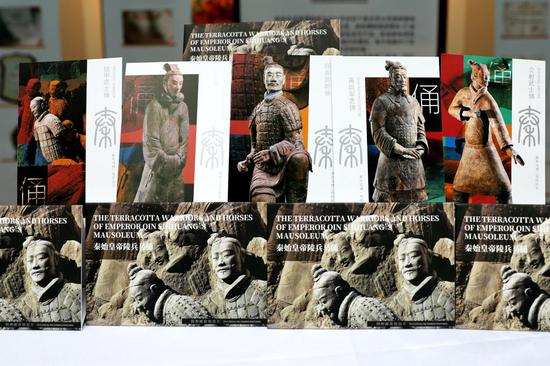


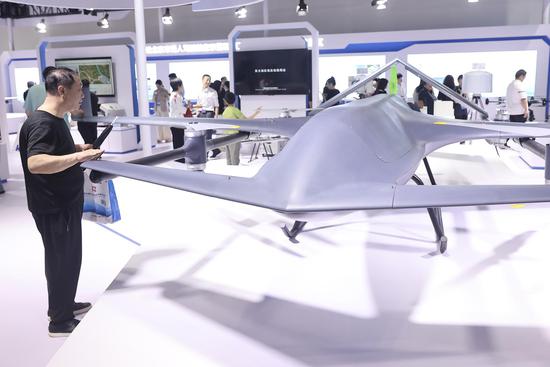







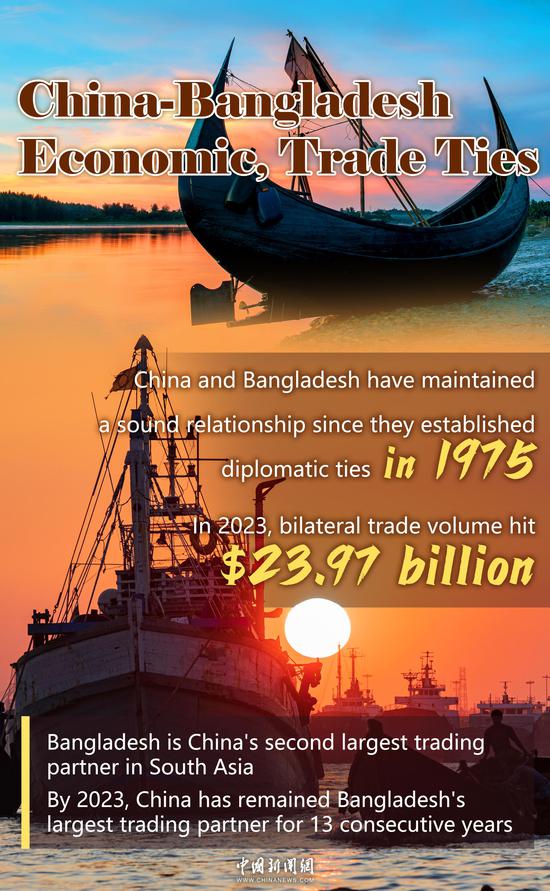

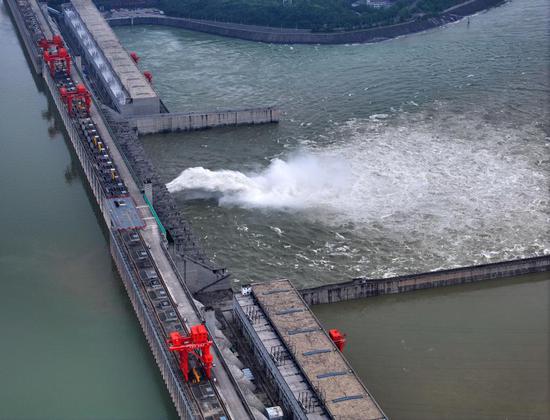
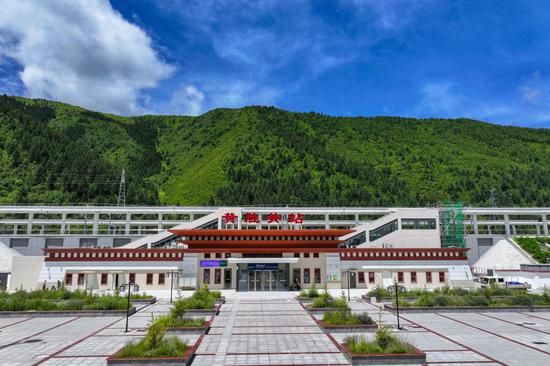
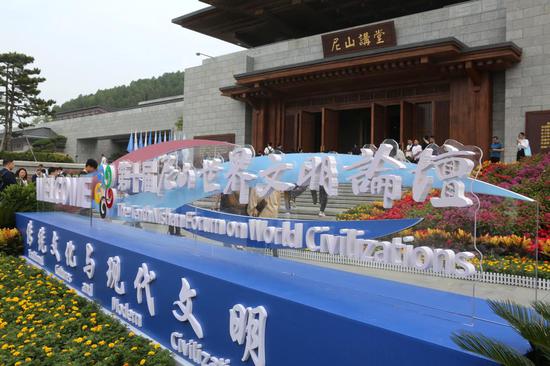





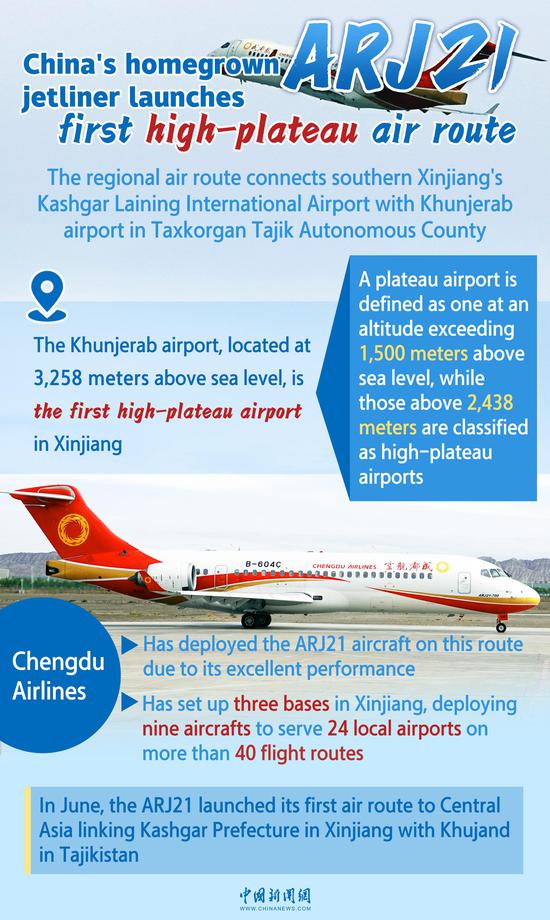


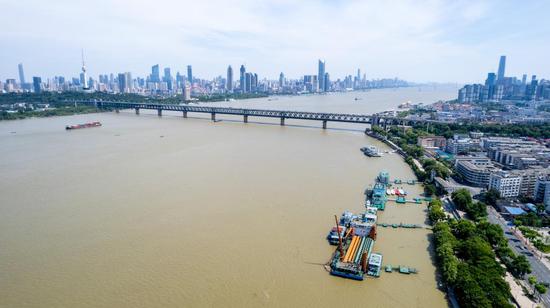

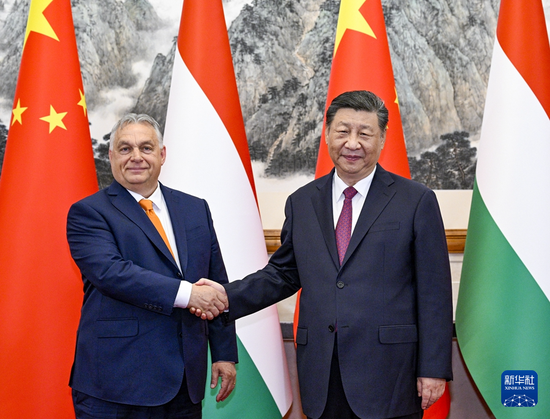





 京公网安备 11010202009201号
京公网安备 11010202009201号